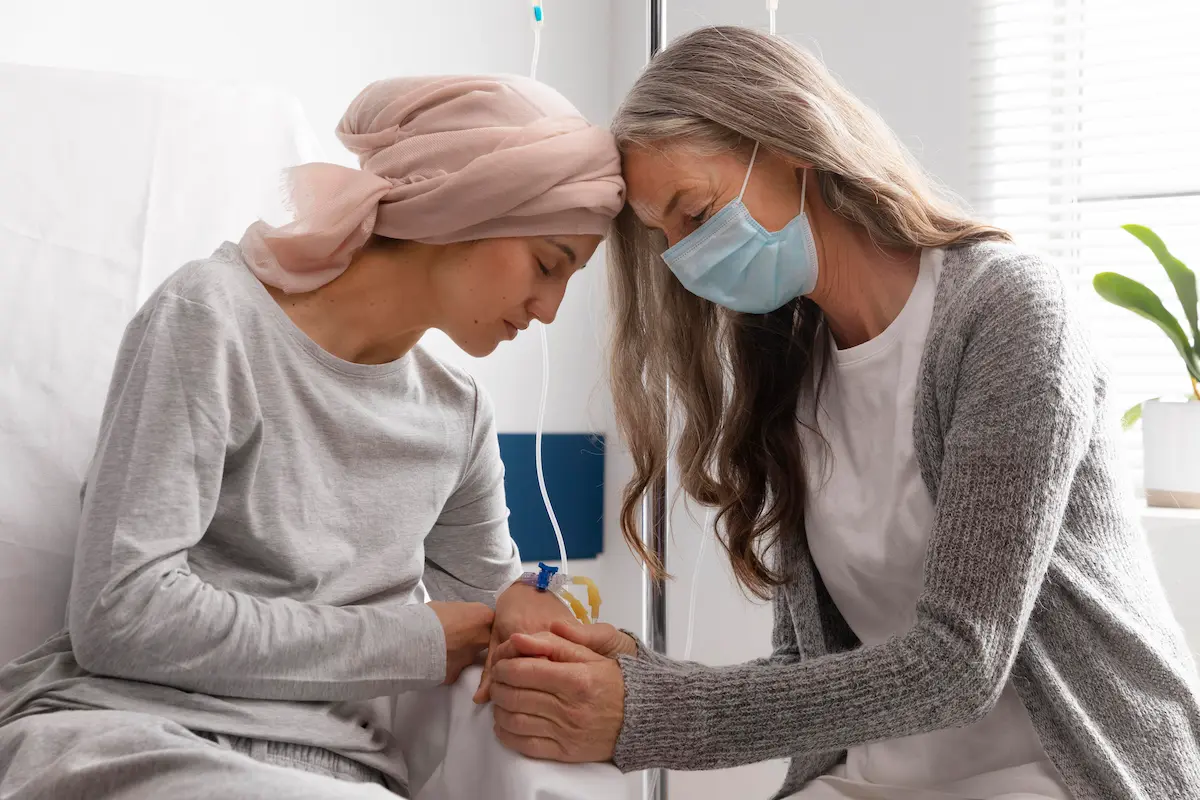On the occasion of Brain Awareness Week 2025, in this article discover how cognitive rehabilitation helps recover cognitive functions after a stroke.
Introducción
A stroke is one of the leading causes of disability worldwide. Its impact on cognitive and emotional functions can be devastating, affecting both the patient’s independence and their personal relationships and quality of life. However, thanks to neuroplasticity, the brain has the ability to adapt after severe damage. Cognitive rehabilitation plays a crucial role in this process, allowing the recovery of skills and improving functionality in daily life.
El ictus y sus secuelas cognitivas
A stroke, also known as a cerebrovascular accident (CVA), occurs when blood flow to the brain is interrupted, causing neuronal damage. Depending on the location and severity of the stroke, the sequelae can affect different cognitive functions, such as:
- Attention and concentration: difficulties maintaining focus on everyday tasks.
- Memory: problems remembering recent information or learning new information.
- Language: difficulties in verbal comprehension and expression (aphasia).
- Executive functions: impairments in planning, organization, and problem-solving.
- Spatial and motor perception: difficulties in coordination and recognition of spaces and objects.
These impairments not only affect the patient’s independence but also their interaction with their social and family environment.

Subscribe
to our
Newsletter
Neuroplasticity and brain relearning
The neuroplasticity is the brain’s ability to reorganize and form new neural connections. After a stroke, unaffected brain areas can assume functions previously carried out by damaged regions. This process is fundamental for neurological recovery and can be stimulated through appropriate therapies.
Factors that influence neuroplasticity
Several factors can influence the brain’s ability to readapt after a stroke:
- Age and prior health status: although neuroplasticity is greater in younger people, adults can also benefit from brain restructuring.
- Degree of brain damage: the severity of the stroke influences the possibility of recovery.
- Early intervention: starting cognitive rehabilitation as soon as possible improves outcomes.
- Family and social support: a positive environment promotes recovery.
Cognitive rehabilitation after a stroke
The cognitive rehabilitation is a therapeutic approach designed to restore affected cognitive functions or compensate for them through adaptive strategies. Its goal is to maximize the patient’s independence and improve their quality of life.
Cognitive rehabilitation strategies
Interventions should be personalized according to each patient’s needs. Some strategies include:
1. Cognitive stimulation therapies
They are based on specific exercises to strengthen altered cognitive functions, such as:
- Memory and attention games.
- Reasoning and problem-solving activities.
- Executive function training.
2. Use of technology in rehabilitation
Platforms like NeuronUP offer digital tools to work on cognitive functions in a structured and personalized way. Technology allows adapting activities for each patient, monitoring their progress, and encouraging motivation.
3. Occupational therapy and environmental adaptations
Rehabilitation should not only focus on improving cognitive skills but also on teaching compensatory strategies for daily life. Some adaptations include:
- Use of planners and visual reminders for memory.
- Organizing the environment to facilitate mobility.
- Implementation of structured routines.
How stroke affects personal relationships
Cognitive impairments can affect the patient’s personal relationships. Problems with communication, memory, and emotional regulation can generate frustration in the patient and their surroundings. Neuropsychology plays a key role in this aspect, helping to improve understanding and management of these difficulties through:
- Family psychoeducation: teaching strategies to support the patient.
- Communication therapies: improving verbal expression and comprehension.
- Social skills interventions: facilitating reintegration into their environment.
Conclusión
The brain has a remarkable ability to reorganize and adapt after a stroke, but this process requires a structured and personalized approach. Cognitive rehabilitation, supported by neuroplasticity, makes it possible to recover skills and improve patients’ quality of life. Collaboration among professionals, family members, and the patient themselves is essential to enhance neurological recovery and promote better adaptation to daily life.
If you enjoyed this blog post about how the brain can relearn after severe damage, you will likely be interested in these NeuronUP articles:
“This article has been translated. Link to the original article in Spanish:”
Ictus y rehabilitación cognitiva: Cómo puede reaprender el cerebro tras un daño severo







 Neuropsychological Assessment in Rare Diseases: Challenges and Strategies for an Accurate Diagnosis
Neuropsychological Assessment in Rare Diseases: Challenges and Strategies for an Accurate Diagnosis
Leave a Reply